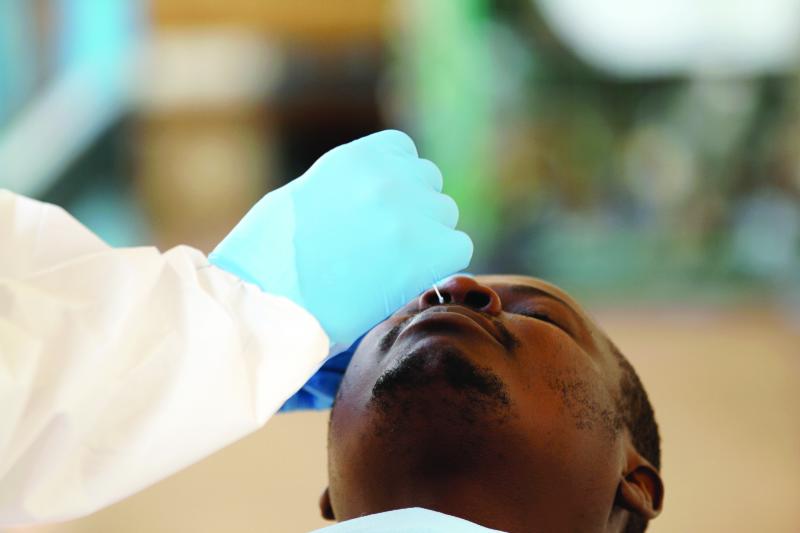
Kenya’s young lived carefree, taking comfort that Covid-19 would not affect them as medics and health officials reassured them. The young population in Kenya and Africa in general was one theory as to why there were fewer mortalities compared to other parts of the world.
Indeed, data from the Ministry of Health indicate that about 27 per cent of Covid-19 patients fall within 30- 39 age-brackets, followed by 40 to 49 years and then 20 to 29 years. Many young people still habour the myths, misconceptions and misinformation about Covid-19, yet recent data show that there are as vulnerable as other age brackets.